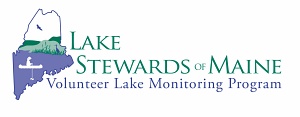Aquatic Invasive Species Program
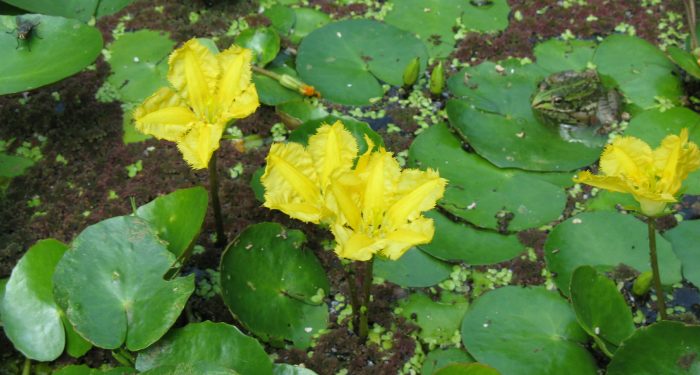
Quick Links
LSM Programs & Tools
Latest News from LSM
Forms & Data Sheets
What are Aquatic Invasive Species (AIS)?
Aquatic Invasive Species are introduced, non-native flora and fauna which have the potential to cause negative effects on aquatic ecosystems, the economy, and human health. Introductions of AIS can harm native species, disrupt habitat, reduce values of properties and water resources. AIS have no natural checks (ie predation, disease, etc) in their new ecosystem, and once established, can be almost impossible to eradicate.
Invasive plants and animals easily move undetected between waterbodies, mostly due to inadvertent transit by humans. Hitchhiking on boating equipment, fishing tackle, and vehicles, AIS can quickly invade a new waterbody, posing severe consequences for infested waterbodies.
With a warming climate and increasing traffic from out-of-state visitors, Maine is at a higher risk of infestation of AIS than ever before. Being a large and sparsely populated state, there are innumerable pathways to infestation in Maine’s over 6000 water bodies.
Early detection is the best way to stop aquatic invaders. Volunteer invasive plant patrollers (IPPers) play a crucial role in stopping the spread of AIS by keeping watch on Maine’s lakes and monitoring for suspicious plants. Since 2002, LSM has trained thousands of IPP volunteers in early detection and rapid response for AIS on Maine lakes. Due in-part to their vigilance, Maine’s waterways have the lowest AIS infestation rate in the region of less than 1%.
Below are information and resources for LSM’s AIS program.
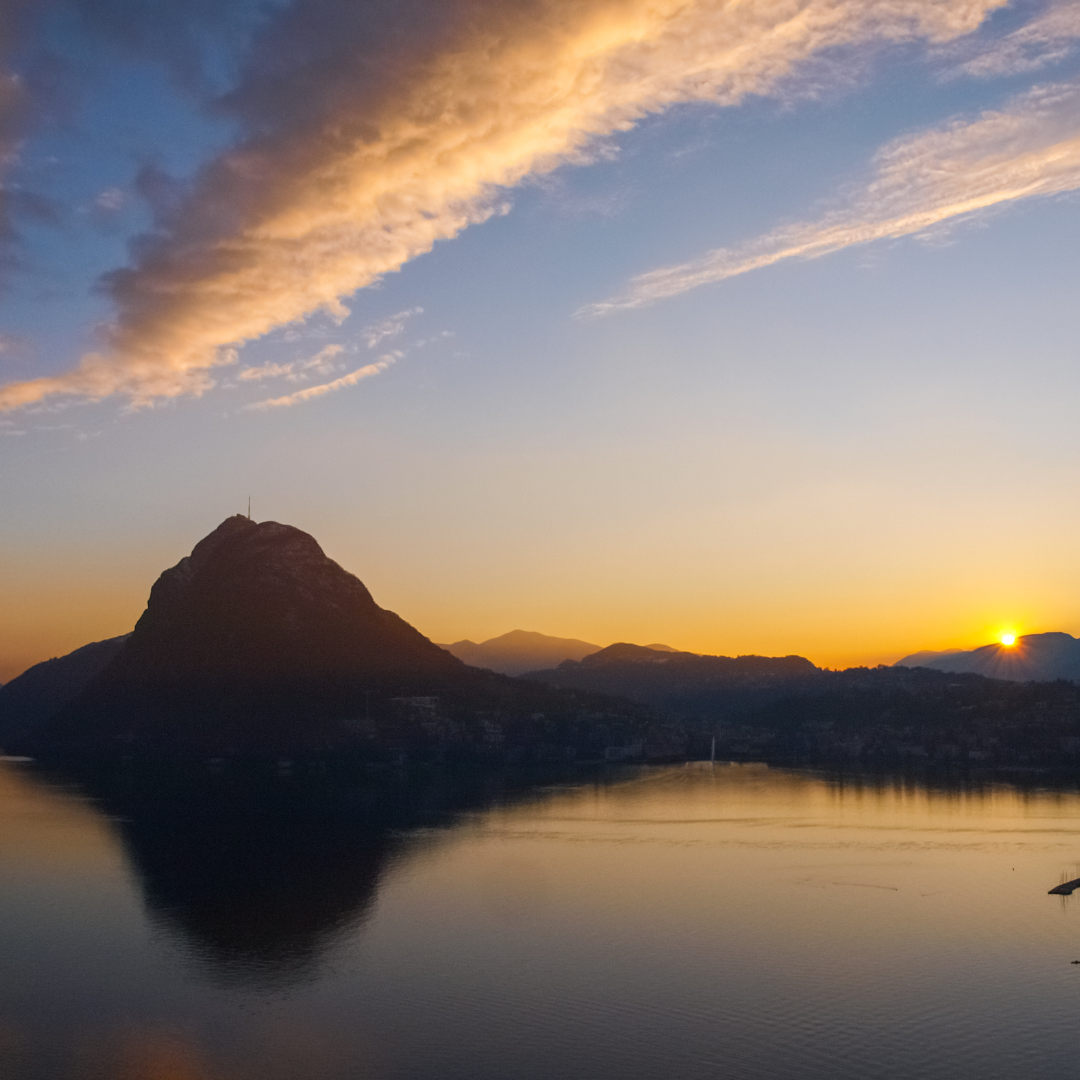
AIS/IPP Certification
Certification is central to the work performed by Invasive Plant Patrol volunteers. By certifying IPP volunteers, LSM can ensure that their submitted data is accurate and scientifically credible. LSM offers three tiers of certification to IPP volunteers (IPPers). Each tier represents a volunteer’s deeper understanding of aquatic invasive plants, survey methods, and quality control. LSM values the data submitted from certified volunteers and keeps it as public record.
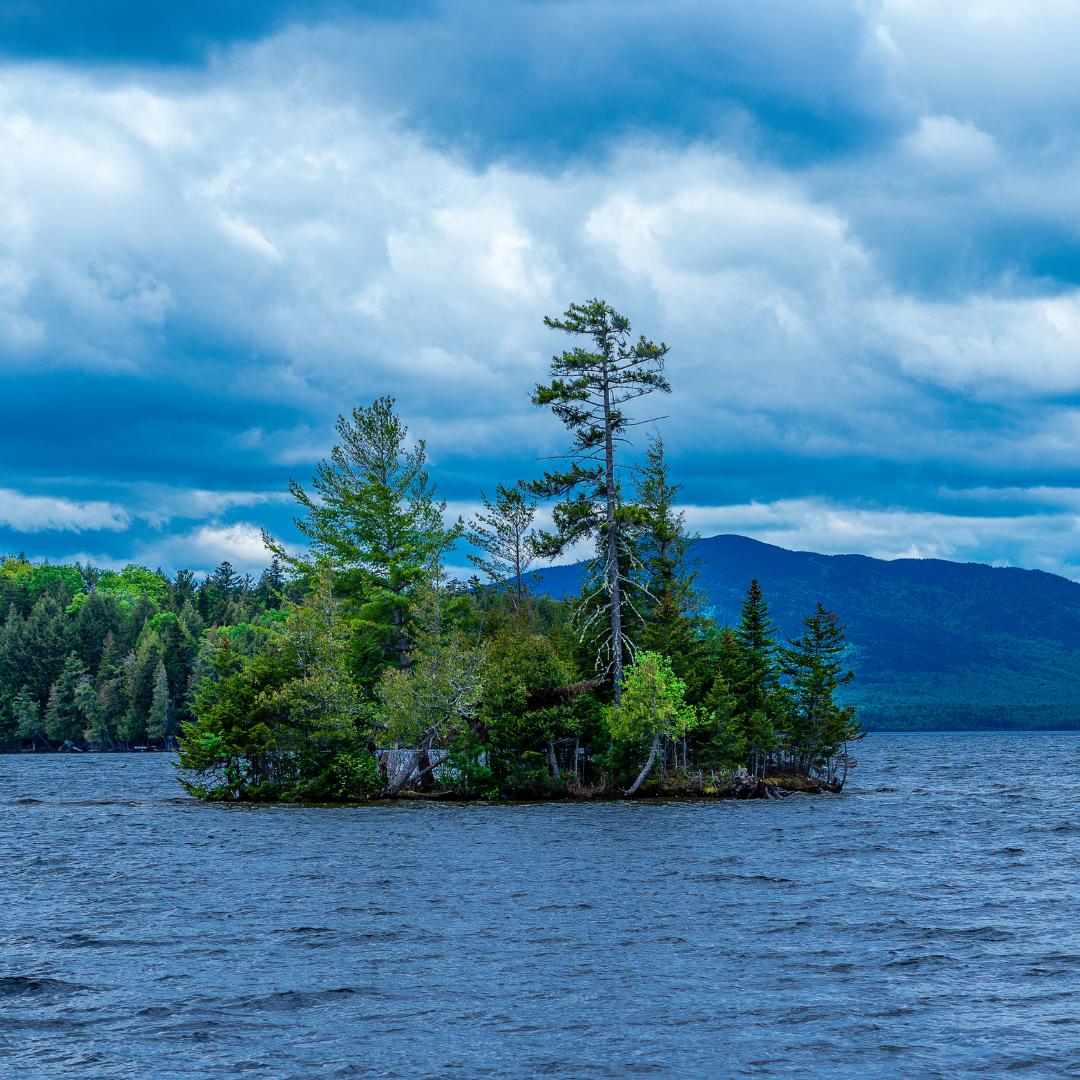
IPP Travel Team
The goal of the Invasive Plant Patrol program has always been, and continues to be, the training of volunteers to survey their lakes for aquatic invasive plants. Several years into the program, Lake Stewards of Maine realized that while many lakes had active and engaged people able to dedicate the time to monitor the lake they lived on or near, other lakes had fewer residents or were so large that they were difficult to survey effectively.

Invasive Plant Patrol Workshops
Invasive Plant Patrol Workshops Quick Links Cargando… donate today
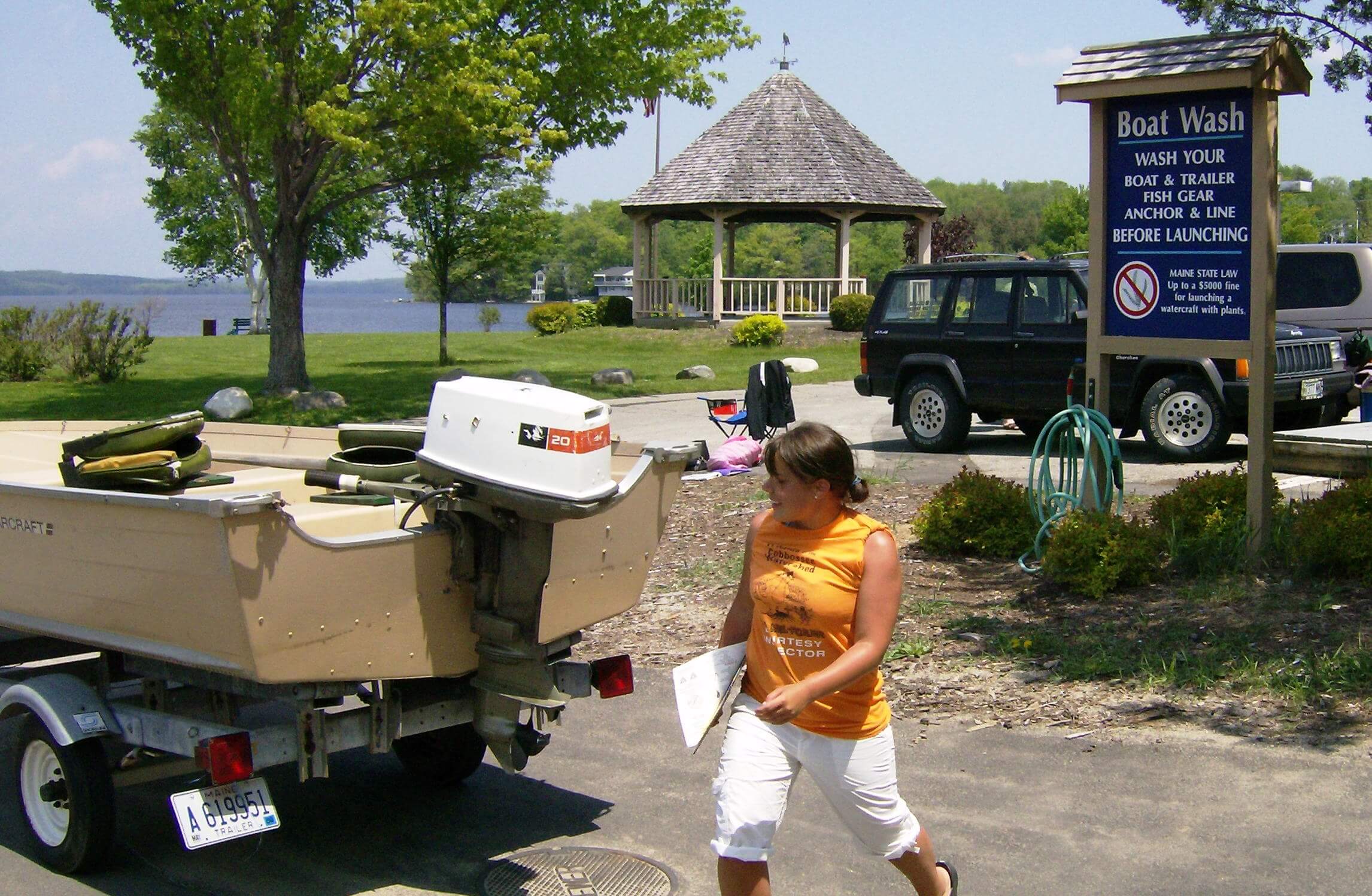
Courtesy Boat Inspection
Courtesy Boat Inspection is an essential practice to prevent the spread of aquatic invasive species (AIS) in Maine’s water bodies. AIS are non-native plants and animals that can cause severe harm to native ecosystems, disrupt food chains, and reduce recreational opportunities in lakes and rivers. Once introduced, AIS can quickly spread from one water body to another through boats, trailers, and other watercraft.
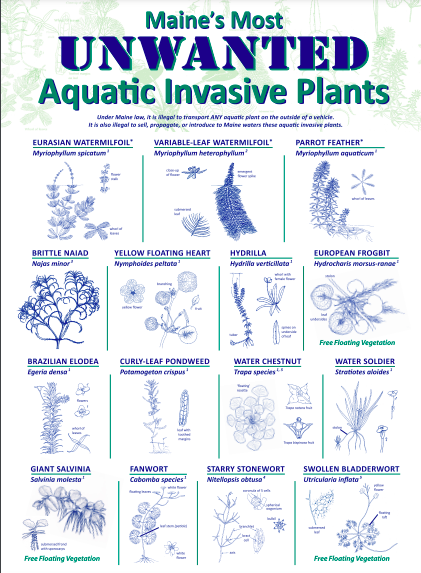
15 Aquatic Invaders
As awareness of this threat to Maine waters has emerged across the state, Mainers have taken swift and decisive action. In 2000, the State of Maine passed legislation that outlaws the sale, propagation, or introduction to Maine waters, of eleven invasive aquatic plants. In 2001 further legislation was enacted, instituting additional regulations, programs and planning requirements…
